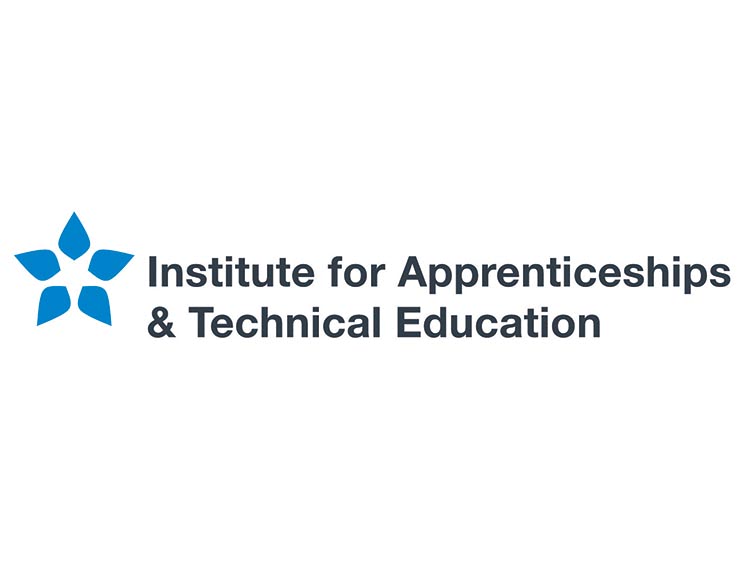Update on occupational specialisms for the building services engineering T Level

Students on a T Level in building services engineering must choose at least one ‘occupational specialism’ as part of their qualification.
Occupational specialisms make up 50 to 80% of the technical qualification (TQ). They ensure learners develop the knowledge, skills and behaviours needed to prepare them for secure skilled employment.
Following the consultation with employers and providers, the rules of combination for occupational specialism are now different from the original outline content. The rules of combination determine the minimum credit value to achieve a pass.
The four occupational specialisms below are ‘standalone’ components. This means students will not need another occupational specialism component to achieve their TQ:
- Electrotechnical engineering
- Electrical and electronic equipment engineering
- Gas engineering
- Protection systems engineering
Students choosing the following occupational specialism must complete two to achieve their TQ:
- Plumbing and heating engineering
- Heating engineering and ventilation
- Refrigeration engineering and air conditioning engineering
There will be one assessment for each occupational specialism component. For example, one for plumbing and one for heating, with a single grade given for each occupational specialism.
The guided learning hours will be set to support the skills and knowledge for each occupational specialism. The TQ will be ready to teach in September 2021.
City and Guilds, the awarding organisation will share detailed plans and documents soon. If you have any queries email: [email protected]











Responses